Why are eye examinations so important for your child?
A children's eye exam is an expert assessment of your child's eye health and vision performed by our highly trained optometrists.
A brief examination of your child’s eyes and a vision screening by a pediatrician or family practice doctor is not a substitute for an eye exam performed by an optometrist.
Our optometrists have the advanced training and clinical tools to perform a thorough evaluation of your child's eyes and vision, most people don’t think about children’s vision as symptoms can be hard to notice.
Why are eye examinations so important for your child?
Eye exams for children are very important to ensure your child's eyes are healthy and have no vision problems that could interfere with school performance and potentially affect your child's safety.
Early eye exams also are important because children need the following visual skills that are essential for optimal learning:
Excellent visual acuity at all distances
Accurate and comfortable eye teaming skills
Accurate eye movement skills
Accurate and comfortable focusing skills
When to have your children’s, eyes examined
You should have your children’s eyes examined at age 3 and just before they enter their first schooling years (age 5-6).
School-aged children should have an eye exam at least every two years if no vision correction is required. Children who need glasses or contact lenses should be examined annually or as recommended by your optometrist.
Scheduling your child's eye exam
When you go to book a eye health examination for your child, make sure you choose a time when they are fully alert, try not to schedule examinations for late in the afternoon.
You as a parent are probably wondering how eye exams are conducted with children, this all depends on your child's age, but generally an exam will include a case history, vision testing, determination of whether glasses are needed, testing of eye alignment, an eye health evaluation and, if needed, prescription of eye wear.
Make sure our optometrist has as much information as possible, for example:
Delayed motor development
Frequent eye rubbing
Excessive blinking
Failure to maintain eye contact
Poor eye tracking skills
Squinting when looking at objects in the distance or up close.
Also, be sure to mention if your child has failed a vision screening at school or at a visit to his or her general practitioner.
Letting our optometrist know of any family history or eye issues/disease is required so that we can monitor for any changes or irregularities.
At Core Optique, we want to unlock your child’s full potential. Book your children in for an eye examination today. Book online by visiting www.coreoptique.com/booking or calling 0285937156.
